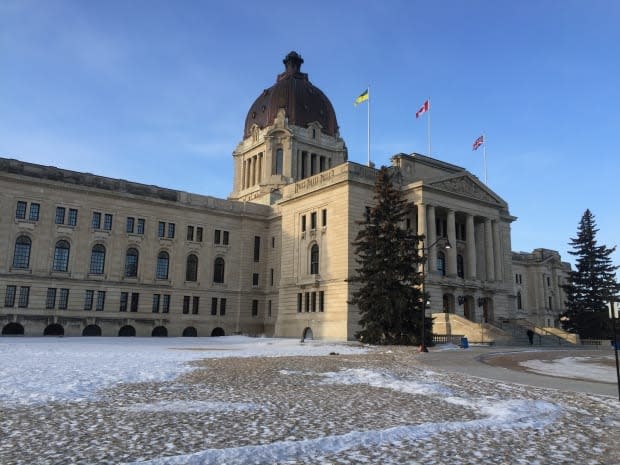'We're in a tough spot': experts hope Sask. government keeps debt at manageable level

The COVID-19 pandemic and resulting economic crisis have caused governments across the country to spend more at a time of shrinking revenues. Saskatchewan is no exception.
Experts say a deficit is inevitable when the Saskatchewan government unveils its budget Tuesday, but they hope someone is still keeping a close eye on the balance sheet.
"If you average out good years and bad years over some sort of longer time frame, you want structural balance," said University of Regina political science professor Jim Farney.
"In Saskatchewan, that balance has been difficult to find."
Even before COVID-19, before the job losses, business closures and oil price shocks, Saskatchewan's debt grew steadily, Farney notes.
In 2009, total government debt was just $7.9 billion. Since then, it's nearly tripled, to more than $23 billion.
Given the unprecedented circumstances over the past year, Farney said it's "defensible" to aim for a balanced budget a few years from now.
However, more attention must be placed on the long term health of the economy and society. Farney said that means preparing for the new economy, rather than just focusing on recovery and jobs in the resource sector and other traditional areas.
Todd MacKay, prairie director of the Canadian Taxpayers Federation agreed.
"When you have a global pandemic, there are costs that comes with that. Everybody recognizes that," Mackay said. "But we're in a tough spot. I think the government needs to be concerned about it. You can't just wait and hope."
Mackay said there are an infinite number of legitimate needs in society but the government must be more selective in how it spends its money — money that future generations will have to repay.
"We have to find places to save money. That's what everybody else is doing," Mackay said.
A government official admitted the debt is growing but said Saskatchewan's debt is lower per capita than most other provinces. It's also far lower per capita than the federal government, especially with its increase in COVID-19 program spending.

